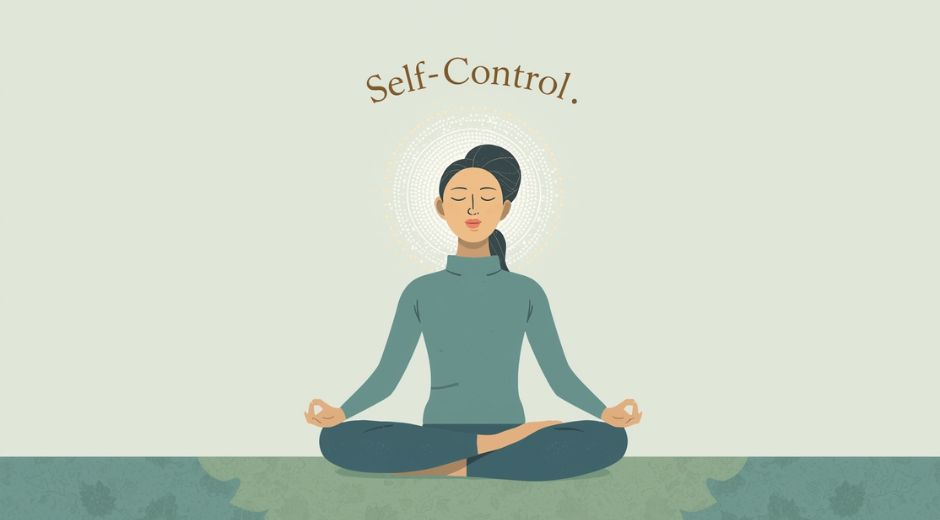Study Techniques: Top 10 Effective Study Techniques for Faster Learning
Mastering study techniques can transform the way you learn, helping you retain information faster and more effectively. Whether you’re a student preparing for exams or a professional aiming to acquire new skills, using the right strategies makes a huge difference. In this guide, we’ll explore ten proven study techniques that can help you maximize learning in less time.
1. Active Recall: The Core Study Technique
Active recall is a powerful study technique that involves testing yourself rather than passively reading notes. Instead of rereading your textbook, close it and try to recall key points. Studies have shown this method enhances memory retention significantly. Tools like flashcards or apps such as Anki can make active recall easier and more structured.
2. Spaced Repetition for Long-Term Memory
Spaced repetition is another effective study technique. It leverages the spacing effect by reviewing information at increasing intervals. For instance, review material after one day, then three days, then a week. This technique is excellent for long-term retention and pairs perfectly with active recall. Learn more on ScienceDirect.
3. Pomodoro Technique: Manage Study Time Efficiently
The Pomodoro Technique is a time management study technique that involves studying in focused intervals of 25 minutes, followed by a short break. This prevents burnout and keeps your mind sharp. Combining this with active recall or spaced repetition enhances your productivity.
4. Mind Mapping: Visualize Concepts Clearly
Mind mapping is a creative study technique that helps you organize and visualize information. By connecting ideas in a diagram, you can understand complex topics better. Tools like XMind or freehand sketches work well. Mind maps also make reviewing before exams quicker and more intuitive.
5. SQ3R Method: Structured Reading Approach
SQ3R stands for Survey, Question, Read, Recite, and Review. This structured study technique improves comprehension and retention. First, survey the chapter, then formulate questions, read actively, recite answers aloud, and finally review. It’s particularly useful for dense textbooks or research material.
6. Interleaving: Mix Subjects for Better Retention
Interleaving involves switching between different subjects or topics during study sessions. Unlike focusing on one topic for hours, mixing subjects helps your brain form stronger connections and improves problem-solving skills. Consider alternating math, language, and science topics in one session for better results.
7. Teaching Others: Reinforce Knowledge
One of the best study techniques is to teach what you’ve learned. Explaining concepts to a friend or even to yourself forces you to clarify your understanding. This method also highlights gaps in knowledge and ensures deeper learning. Check tips on teaching effectively at Edutopia.
8. Practice Testing: Simulate Exam Conditions
Practice tests are a proven study technique that prepares you for real exams. Simulating test conditions improves recall under pressure and reduces anxiety. Use past papers, online quizzes, or self-made tests. This technique integrates well with active recall and spaced repetition for maximum effect.
9. Study Environment Optimization
Your study environment plays a critical role in effective learning. Keep your space clutter-free, ensure good lighting, and minimize distractions like phones or social media. Combining this with background techniques such as ambient music can improve focus. Learn more about cognitive effects of environments at Psychology Today.
10. Review and Reflect: Consolidate Learning
Finally, taking time to review and reflect is essential. At the end of each week, revisit your notes and summarize key points. Reflect on what techniques worked best for you and adjust your strategy. This continual refinement ensures your study techniques remain effective and personalized.
Conclusion: Mastering Study Techniques for Success
Implementing these study techniques can dramatically improve your learning efficiency. From active recall and spaced repetition to mind mapping and practice testing, each method offers unique benefits. Start small, test what works, and gradually build a study routine tailored to you. Ready to boost your learning? Share your favorite study techniques or explore our in-depth guides to take your skills further.
Education Made Simple

Resilience: The Hidden Power Behind Lasting Growth
Learn how resilience helps you overcome setbacks, stay strong through challenges, and build sustainable personal and professional growth.

Mentorship: How Guidance Shapes a Successful Career
Discover how mentorship helps professionals grow faster, make smarter decisions, and reach long-term career success through experience and trust.

Adaptability: The Most Valuable Skill in Today’s World
Discover how mentorship helps professionals grow faster, make smarter decisions, and reach long-term career success through experience and trust.

Master Your Memory for Smarter Learning
Learn how to strengthen your memory to boost learning, recall information faster, and study smarter with practical, science-backed methods.












